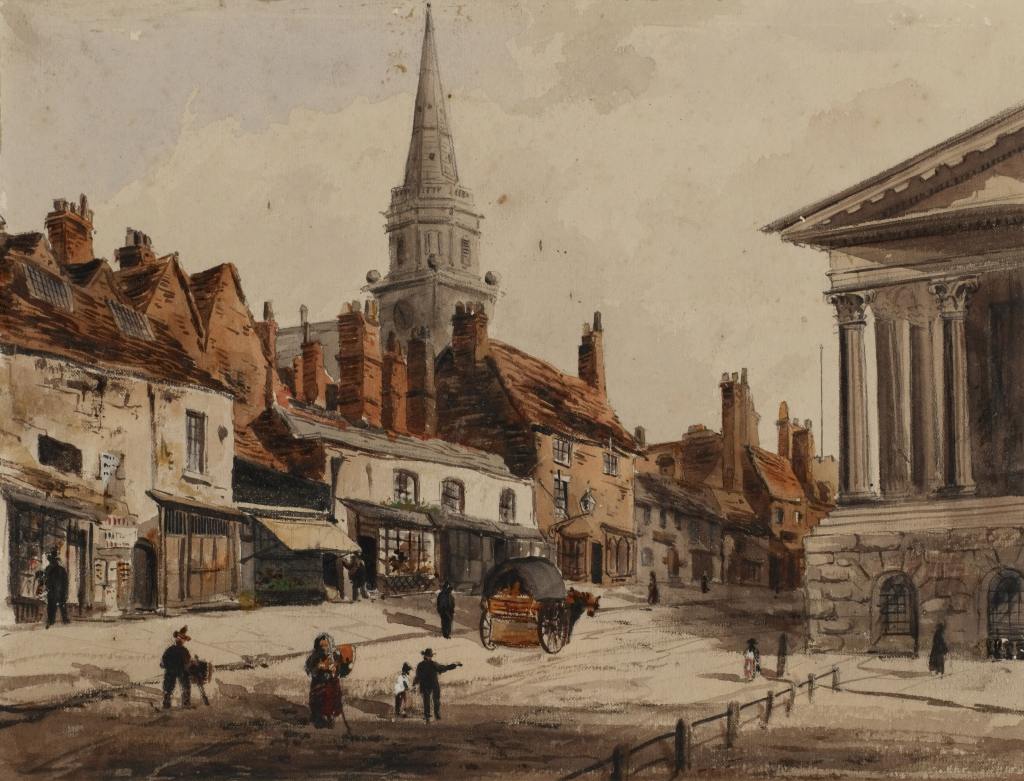Plato outlines significant ideas in his well-known work, The Republic. He writes how Socrates, the protagonist, uses the metaphor of a city to summarize the parts of the individual soul. Socrates focuses heavily on education as the way to nurture the parts of the city, and thus the soul. What does education teach us?

First, Socrates separates the soul into three parts: 1. wisdom, 2. courage, and 3. desire. To better understand these soul parts, consider how we would build a city. At the bottom of the social hierarchy in our city are the craftsmen. They work at individual tasks to survive and follow their desires toward luxuries. In the middle are the auxiliaries, who redirect their spirit into arts that guide those desires of the craftsmen. At the top are guardians who rely on calculation and discipline to lead the rest of the people. They fight against external enemies and quell internal rebellions. A good and just city, and thus a soul, emerges when rational wisdom rules over the spirited courage and desire. Each keeps to its own type and task.
The education that the city and soul need includes music, poetry, and physical training. These activities create harmony between the rational part and the spirited part. Music and poetry nurture wisdom with “fine words and learning” and relaxes the spirit “through soothing stories.” And physical training makes both parts gentle through “harmony and rhythm.” (442a)
The result of this nurturing, soothing, and relaxing is that both soul parts learn their own role better. The rational part governs the appetitive part better, making sure desire doesn’t become too strong.
So, music, poetry, and physical training make the individual part become more into itself. Is this because this education contains the answers on how to become a more complete self? Or, because this education relaxes us into reassurance that leads us to self-knowledge? It could be a bit of both.
In my own life, I can think of songs that lead me to something new by weaving a story and teaching me new ways of thinking. But, I can also think of exercise that yanks my best effort out of myself, teaching me something new about my ability.
I’ll have to wait and read the remaining books of The Republic to find out what Plato says about this.
